World
The modern world cannot be studied without examining the course, impact and legacy of two world wars, the resources in this section set out to look at both the First and Second World Wars in their global context. The section also includes the Cold War and its impact in Latin America, South-East Asia and parts of Africa. This period also sees the rise and fall of European imperialism and the changing nature of global politics and economics as technology brings different stories from so many parts of the world directly to us. Read more
Sort by:
Date (Newest first) | Title A-Z
Show:
All |
Articles |
Podcasts |
Multipage Articles
-
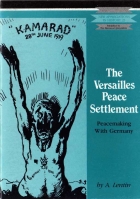
The Versailles Peace Settlement
ArticleClick to view -
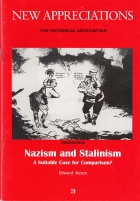
Nazism and Stalinism
ArticleClick to view -
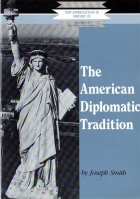
The American Diplomatic Tradition
ArticleClick to view -
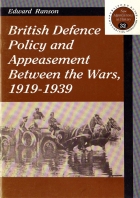
British Defence and Appeasement Between the Wars 1919-1939
ArticleClick to view -
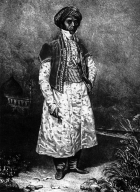
Dean Mahomet: Travel writer, curry entrepreneur and shampooer to the King
ArticleClick to view -

Hiroshima and Nagasaki: Introducing students to historical interpretation
ArticleClick to view -
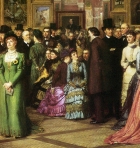
Anorexia Nervosa in the nineteenth century
ArticleClick to view -
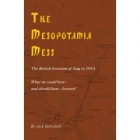
The Story of the First War in The Middle East over Oil
ArticleClick to view -

The Pennsylvanian Origins of British Abolitionism
ArticleClick to view -

Buffalo Bill and his Wild West show opens London's Earl Court in 1887
ArticleClick to view -
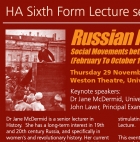
Russian Revolution: Social Movements between the Revolutions Feb-Oct 1917
ArticleClick to view -
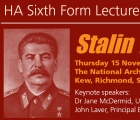
Podcast: Stalin 1928-1941
ArticleClick to view -

The Japanese History Textbook Controversy: a Content Analysis
ArticleClick to view -

Attitudes to Liberty and Enslavement: the career of James Irving, a Liverpool slave ship surgeon and captain
ArticleClick to view -

Iconic Images of War: photographs that changed history
ArticleClick to view -

A-Level Essay: To what extent does the art of the Edo period of Japan reflect the contentment of the classes within its society?
ArticleClick to view -

Lyndon Johnson & Albert Gore: Southern New Dealers and the Modern South
ArticleClick to view -

Echoes of Tsushima
ArticleClick to view -

Brazil and the two World Wars
ArticleClick to view -

Personality & Power: The individual's role in the history of twentieth-century Europe
ArticleClick to view

